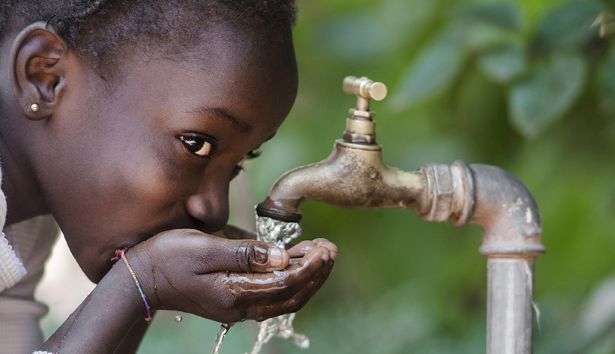Our Approach
At Dilulu, we believe that many solutions to contemporary environmental and health challenges can be found in traditional ecological knowledge and practices that have sustained African communities for generations. Our Natural Living program honors these traditions while integrating appropriate modern innovations to create practical, accessible approaches to sustainable living.
We work with communities to document, preserve, and revitalize traditional knowledge related to natural building, plant medicine, non-toxic household products, sustainable energy, and water conservation. Through workshops, demonstrations, and hands-on learning, we help people rediscover skills that reduce environmental impact while improving health and well-being.
Our approach emphasizes cultural relevance, accessibility, and practicality. We recognize that sustainable living looks different in different contexts, and we collaborate with communities to develop solutions that respect local conditions, resources, and cultural values. By combining traditional wisdom with appropriate innovations, we create pathways to sustainability that honor the past while addressing present challenges.
See Our Impact













